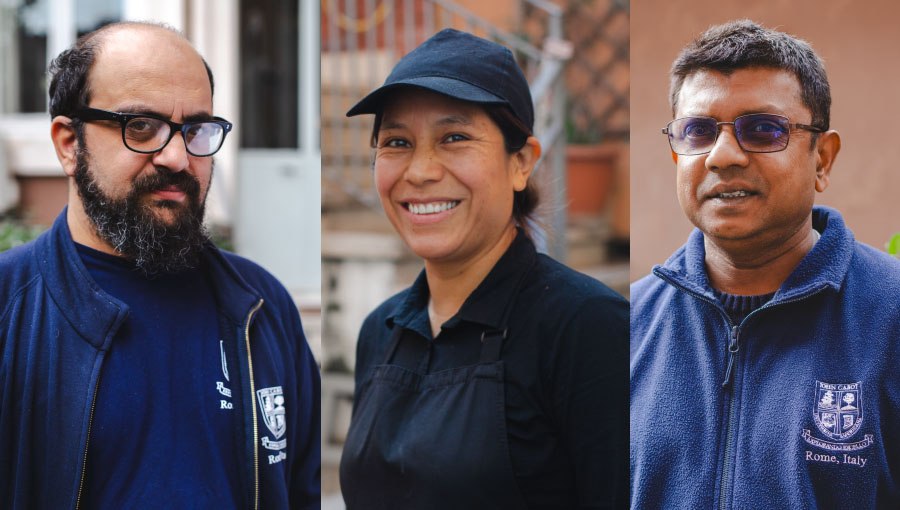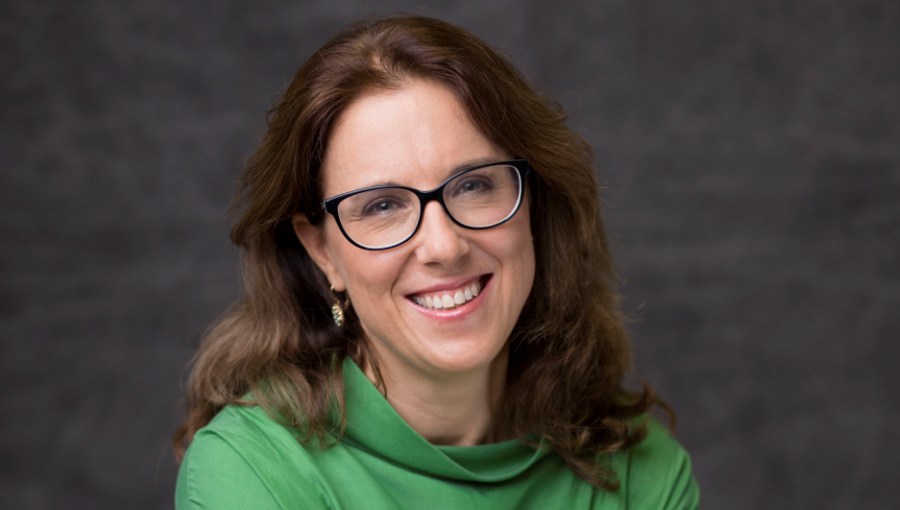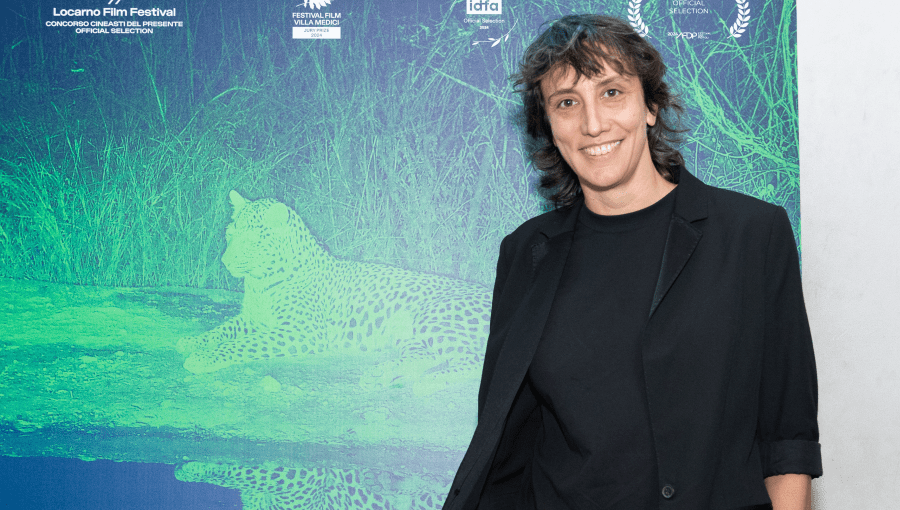Professor Carola Salvi and Team Unveil Role of Creativity in Combating Polarization
JCU psychology professor Carola Salvi recently published a paper in the Journal of Creative Behavior titled “Creative Minds in a Polarized World.” Authored by Professor Salvi and her colleagues Paola Iannello, Alice Cancer, Alessandro Antonetti (Università Cattolica del Sacro Cuore) and Leon Zmigrod (Cambridge University), the paper explores the crucial link between cognitive flexibility, creative thinking, and how individuals process information in our increasingly polarized world.

The article introduces the concept of Socio-Cognitive Polarization (SCP), which helps explain how individuals with different ideological backgrounds can become increasingly divided in their cognitive processes and beliefs. The findings indicate that individuals with higher cognitive flexibility are better equipped to critically evaluate information and are less susceptible to fake news and extreme polarization. The research also provides insights into potential strategies for combating misinformation and enhancing critical thinking skills in the digital era.
The research is particularly relevant in the digital age due to the challenges posed by misinformation and the current political climate. Professor Carola Salvi was interviewed by Web Communications intern Giorgia Zampini.
Tell us about the study.
This study is the result of a long-standing collaboration between researchers at the Università Cattolica del Sacro Cuore and myself, a partnership that has flourished over the past five years. The team’s work on creative cognition and cognitive flexibility took an exciting turn when we noticed that Dr. Leor Zmigrod from Cambridge University was publishing results using creativity measures that aligned with our findings. This serendipitous discovery led to a fruitful collaboration, culminating in this comprehensive review.
The research underscores the critical importance of promoting creative thinking not just for problem-solving, but as a means to foster open-mindedness and kindness in our increasingly divided world. By enhancing cognitive flexibility through creative exercises, the team believes we can cultivate a more tolerant and understanding society, better equipped to navigate the challenges of our polarized era
What inspired your research?
During the pandemic, we saw extremes in polarization. We always had news, but with clickbait, the media introduced more polarized and controversial content to engage people. There was a major political election, everyone was constantly online because of the lockdown, and the terror of the virus was more and more widespread. I saw long-term friendships end due to differing opinions on elections or vaccines and it reached a point where personal choices contributed to division. People couldn’t tolerate listening to someone else’s opinion without fighting anymore.
Tell us a bit about your recently published paper.
My research focuses on creative cognition and idea generation and the neuroscience behind it. Over the past few years, we have been investigating how cognitive flexibility, of which creative cognition is a result, is connected to people’s susceptibility to fake news. Most prior research in the field has focused on analytic thinking as a defense against misinformation, but we wanted to delve deeper into the cognitive process that goes into measuring cognitive flexibility and explore whether creative thinking might also play a role in combating fake news and political polarization.
Our findings suggest a link between cognitive flexibility and political polarization. We assessed participants’ cognitive flexibility using problem-solving tasks that require convergent thinking. These tasks were neutral in content, they were not related to current events or politics. What we noticed is that individuals who demonstrated lower cognitive flexibility were more likely to be polarized in their political views.
Problem-solving is the ability to switch between thinking about different concepts and adapting to new situations or rules. It is what allows someone to consider alternative perspectives, to “think outside the box,” and to reshape and rethink the way the problem is initially approached. It is the same cognitive process we believe is going on when people have to deal with information processing, when they are in online environments, or when they are thinking about politics. People who are more politically polarized, more rigid, and less likely to take into consideration other points of view are those who tend to get entrenched in their own ideas and are less open to taking into account different angles.
About five years ago, a group of Canadian scientists developed the “Bullshit Scale,” aimed at measuring how likely people are to find pseudo-profound statements meaningful. They used quotes such as “The universe is the center of the karmic reality,” which may sound deep but is just nonsense. People who score higher on this scale – who are more likely to see meaning in these statements- lack analytical thinking and struggle with cognitive flexibility. Another example would be “overclaiming.” In our research, we gave participants a list of geographic places and historical facts and some still claimed they were familiar with these terms, despite the fact that some of them were completely made up.
We observed that there is a significant overlap between susceptibility to fake news and belief in conspiracy theories. There is a pattern where people who are worse at problem-solving are more likely to believe in conspiracy theories.
Do you think it is possible to train people to become more cognitively flexible?
We are currently working on developing training programs that could improve cognitive flexibility. If we can help people become more adaptable in their thinking – flexible, creative, and better at problem-solving – we might be able to reduce their inclination to political extremism and misinformation. It could have a major impact on how people process information in today’s polarized world. Cognitive flexibility is something that can be developed, just like any other skill.
What do you see as your next steps for this research? Are there any areas you would like to explore further in the future?
We will continue to explore conspiracy theories. We want to see if the connection we found within cognitive flexibility also applies to other socially related ways to process information.
I would also like to add that at JCU we offer two courses that teach our students how to benefit from the direct results of this research: one on the Science of Creativity, and one on the Psychology of Irrational Beliefs and Misinformation.





